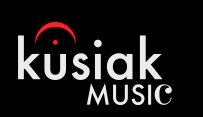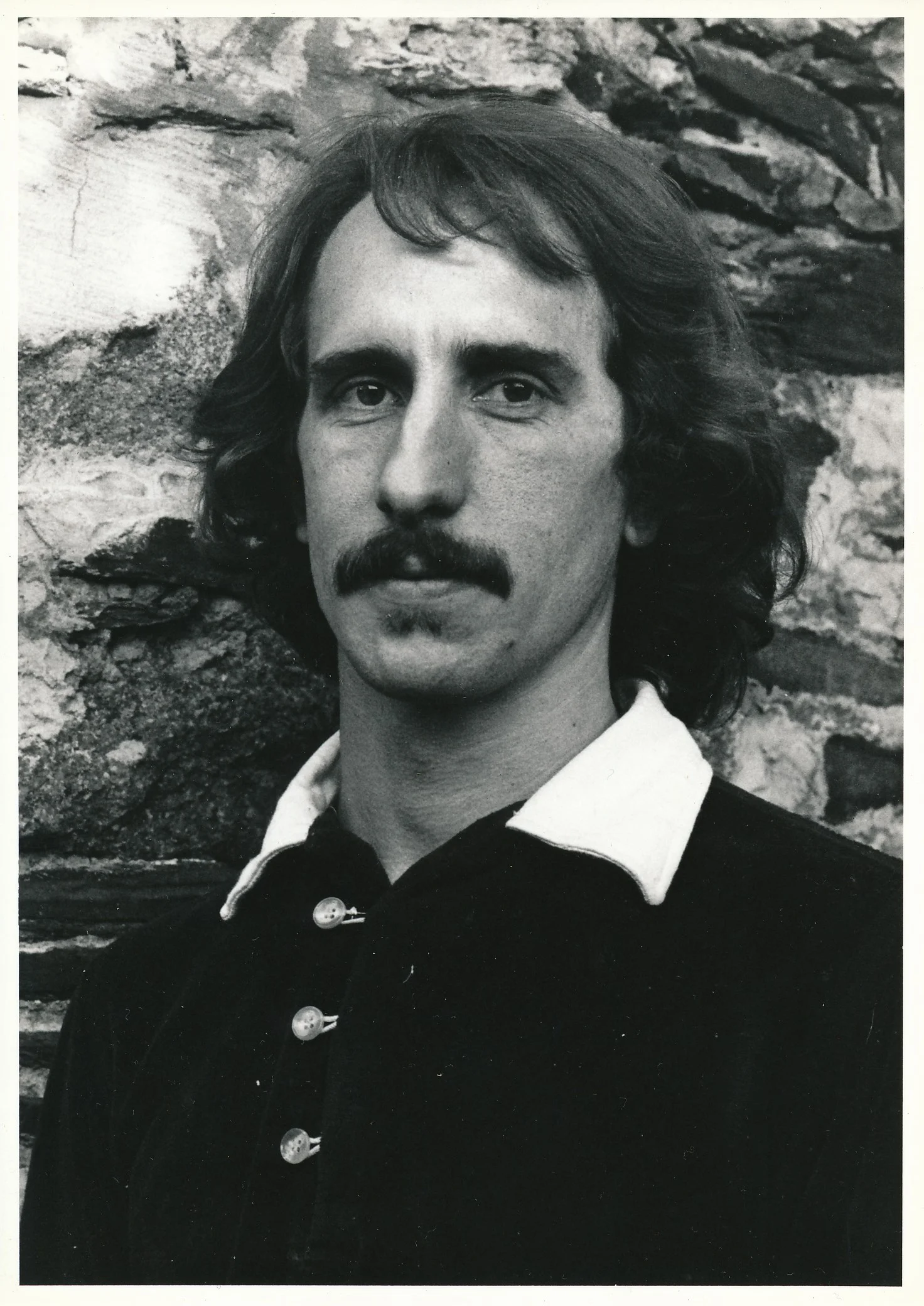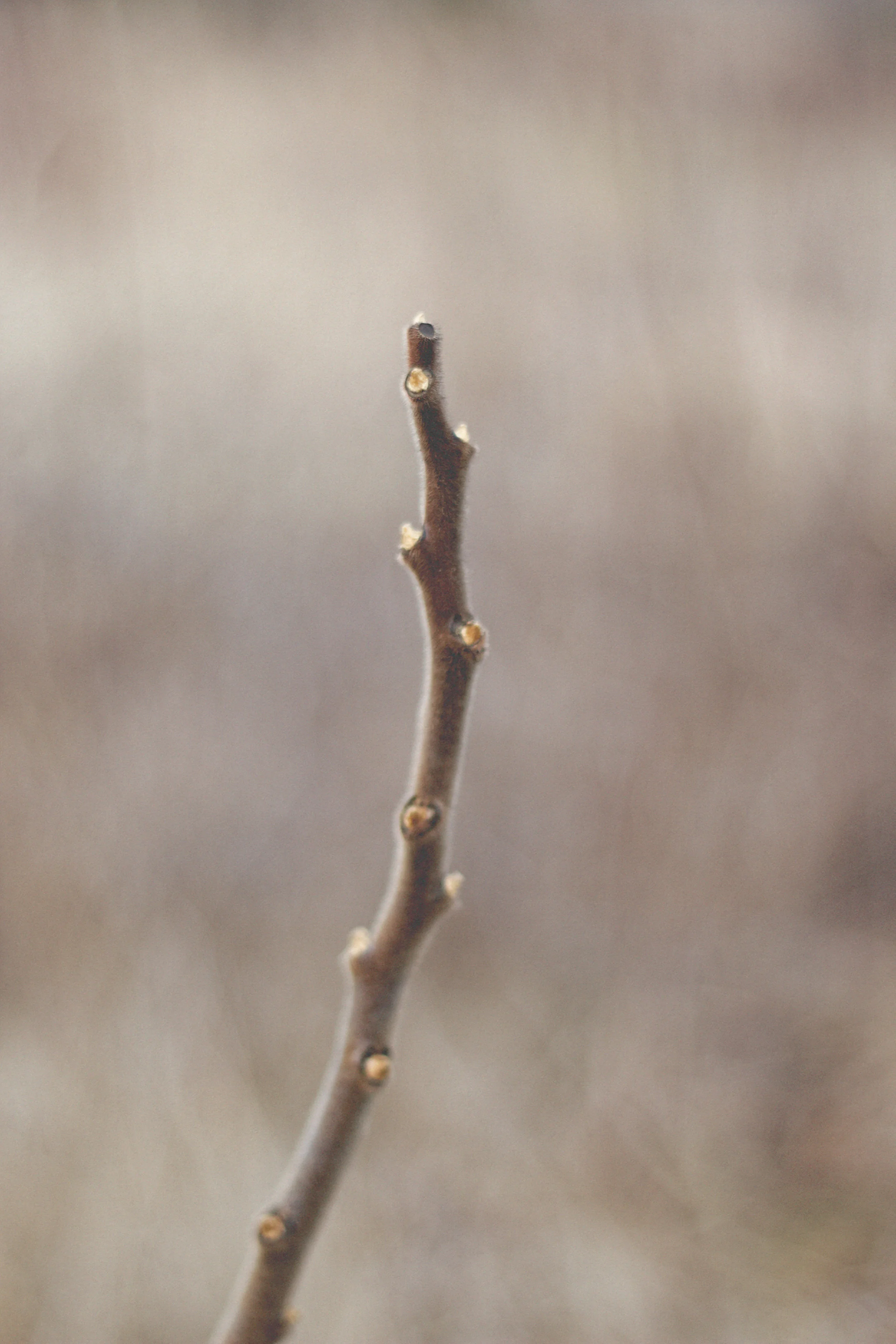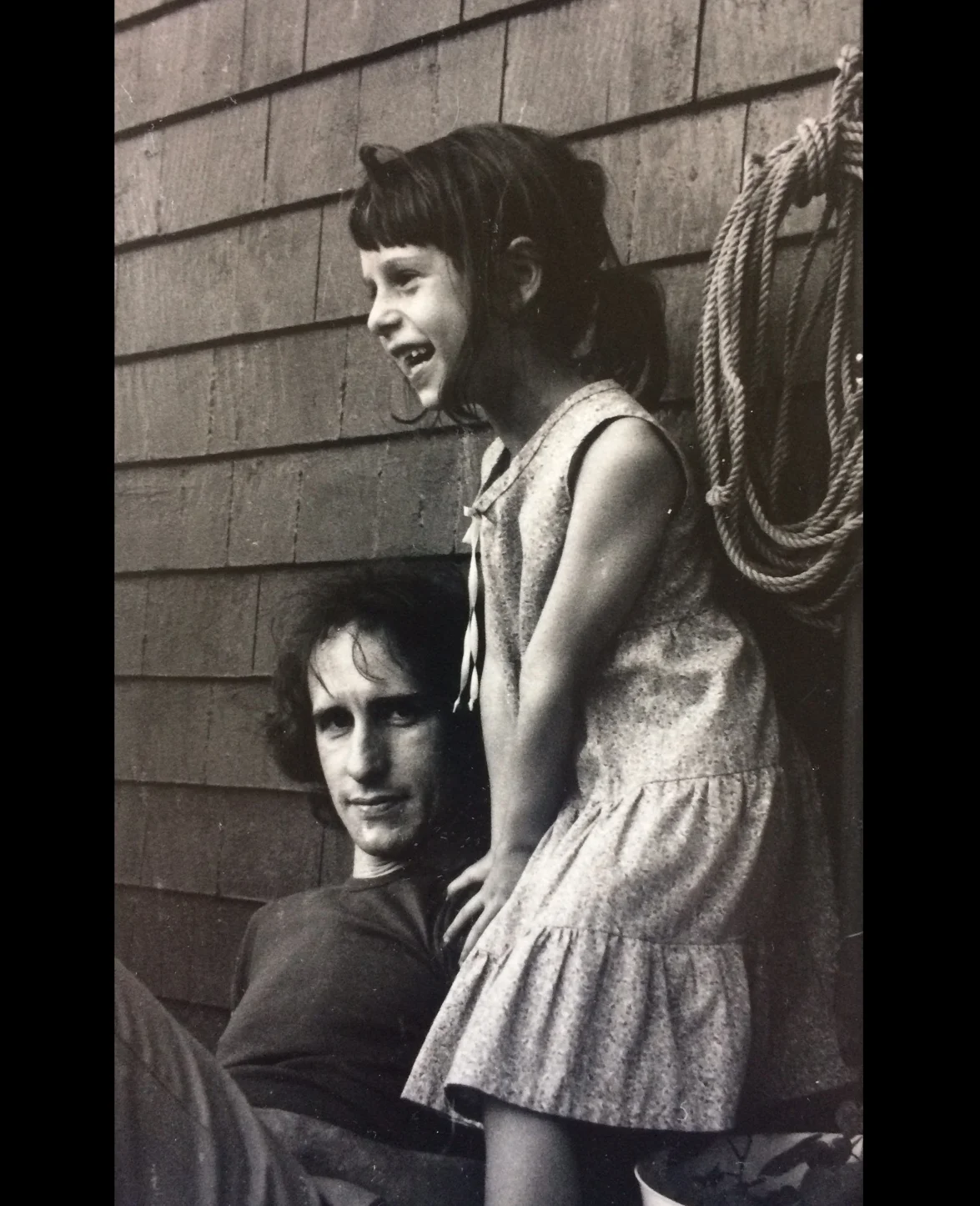Whenever I would tell someone that Andrew Willis and I were working on a score for the new Woodstock documentary for American Experience, there would be quizzical looks and questions. “Wasn’t Woodstock all about music? Why would you need to write music for that?” Yes, of course, there are hours of music that came from the event, but that movie has already been made.
PBS and AMERICAN EXPERIENCE announced the new two-hour documentary Woodstock, scheduled to premiere on PBS in 2019 in conjunction with the 50th anniversary of the historic three-day concert that defined a generation. Read the full article here.
The original Woodstock movie came out in 1970 and was all about the music. This new film is different. It’s a retrospective documentary about how the whole thing came about. It’s about the organizers who had the original idea and the incredible difficulties they encountered in trying to make it happen.
It is also about the concert-goers; their lives, what brought them there, the troubles they endured in the mud and rain, and all the amazing experiences they had.
Naturally, there are songs from the actual performances in the film as well as music that was popular at the time. However, our score supports the stories that are told about the people who came together for the event of a lifetime.
We mostly used guitars, bass, mandolin and drums to create music that integrates with the music of the era: we aimed to play those instruments in a way that is modern and yet evokes the sounds of the ‘60s.
Barak Goodman, director (on the left) with composer John Kusiak. Photo by Laura Barrett.
A few weeks ago I attended the Woodstock Tribeca Film Festival premiere screening in New York City with Kenny Kusiak (who also contributed to the score). It was one of the “Spotlight” films and was standing room only.
Barak Goodman, who has some of the best American Experience films under his belt, directed the movie.
“Woodstock: Three Days that Defined a Generation” will be released in theaters by PBS Films on May 24 in New York, and June 7 in LA.
It will be aired on PBS in August.
Turn on, tune in, and listen!







